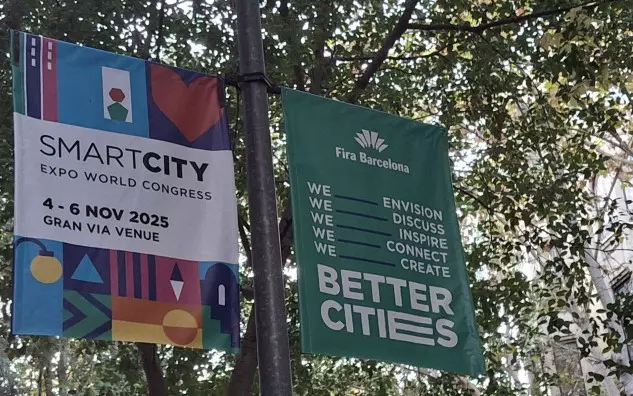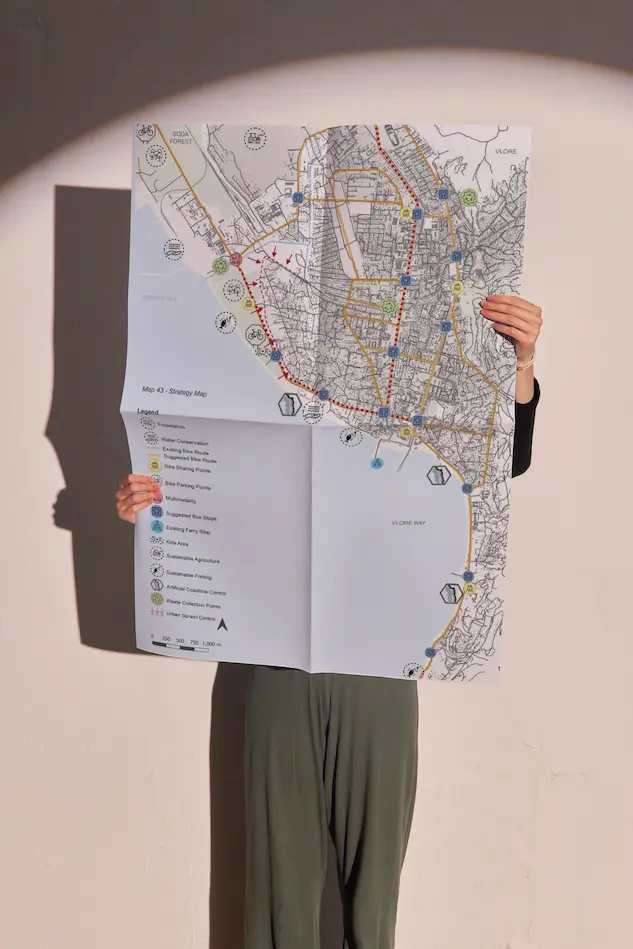
Cties are under increasing pressure to deliver affordable urban housing solutions as young residents struggle with rising rents and limited supply. This article explores Beijing’s pioneering collective-land rental model alongside international examples from Vienna, Helsinki, Tokyo, Singapore and New York. Together, these cases reveal how innovative rental systems and data-driven policy can reshape the future of urban housing.
Read MoreThe New Urban Starter Home: How Cities Are Reinventing Affordable Urban Housing Solutions for a New Generation
AI and cities are becoming inseparable as European municipalities deploy intelligent tools to improve governance, mobility, and public services. This article explores how mid-sized cities are leading the shift toward human-centric, transparent, and trustworthy AI adoption. Through real examples and expert insights, it reveals what cities need to scale innovation while protecting democratic values.
Read MoreAI and the City: Smart Governance for the Future.
Growing evidence shows that long-term exposure to polluted air significantly increases the risk of dementia and other neurodegenerative diseases. This article highlights findings from a landmark global meta-analysis involving millions of participants, demonstrating clear links between air pollution and cognitive decline. The results underscore why improving air quality must be treated as an urgent public-health and urban-planning priority.
Read MoreAir Pollution Raises Risk of Dementia: Why Clean Air Is a Public Health Imperative
Hong Kong’s approach to pedestrian-friendly urban design showcases how dense cities can improve walkability through smart planning and people-centered infrastructure. In the article, we explore the city’s most effective strategies, from pedestrian zones to innovative crossing technologies, and examine what other cities can learn from this experience.
Read MorePedestrian-Friendly Urban Design: Experience Sharing from Hong Kong
Sustainable construction trends are increasingly shaping urban sustainability as cities work to cut emissions and enhance resilience. This article highlights how green buildings, smart technologies, and eco-friendly materials are influencing global urban development and the future of climate-ready cities.
Read MoreSustainable Construction Trends and the Future of Urban Sustainability: How Green Buildings Quietly Transform Tomorrow’s Cities
This article explores how sustainable stormwater management and blue–green infrastructure are redefining the role of rain in contemporary urban design. Through international examples and applied research, it shows how bioswales, SuDS, and sponge-city principles can transform cities into more resilient, ecological, and human-centered environments. From Copenhagen to Stuttgart, the piece reveals how water-sensitive design is becoming a powerful tool for shaping the future of urban resilience.
Read MoreRain as a Resource: How LandscapeArchitecture Makes Sustainable Stormwater Management Possible
This video interview with Dr. Oksana Zaporozhets explores how digitalization, everyday practices, and informal urban life shape contemporary cities. Drawing on her international research, she reflects on micro-urbanism, citizen-led digital infrastructures, and the human dimensions of belonging that influence more resilient and humane urban futures.
Read MoreEveryday Urbanism and the Human Side of Digital Cities: Interview with Dr. Oksana Zaporozhets
Smart City Expo World Congress 2025 in Barcelona gathered 27,000+ participants from 143 countries to explore AI-driven urban innovation, sustainable mobility, digital transformation, and people-centered city solutions. Discover key insights, global collaborations, award-winning smart city projects, and the vision shaping the future of sustainable urban development.
Read MoreSmart City Expo World Congress 2025: Cities Take the Lead in Shaping a Human-Centered Urban Future
This feature explores urban sustainability in North Macedonia, where technology, civic action, and innovation are transforming cities like Skopje and Kumanovo. From smart mobility and digital transparency to grassroots clean-up movements and green public spaces, these initiatives illustrate a growing culture of sustainable urban living. Despite challenges, local governments and citizens are shaping a vision of greener, smarter, and more resilient Macedonian cities.
Read MoreUrban Sustainability in North Macedonia: Green Cities and Smart Solutions
Vlorë, Albania, is redefining urban renewal through systemic intelligence — integrating data, design, and ecology into one adaptive framework. Guided by the IMM methodology and a cross-institutional collaboration, the city turns complexity into clarity, reconnecting people and nature. This case demonstrates how systemic intelligence transforms planning into a living process of regeneration.
Read MoreTranslating Systemic Intelligence into Urban Renewal – Vlorë, Albania








